How the 2020 recession in the US is affecting Americans in 2021 and into the future – don’t worry though, there’s good news.
Jun 4, 2021, 3:58 PM | Updated: Jan 4, 2023, 2:44 pm
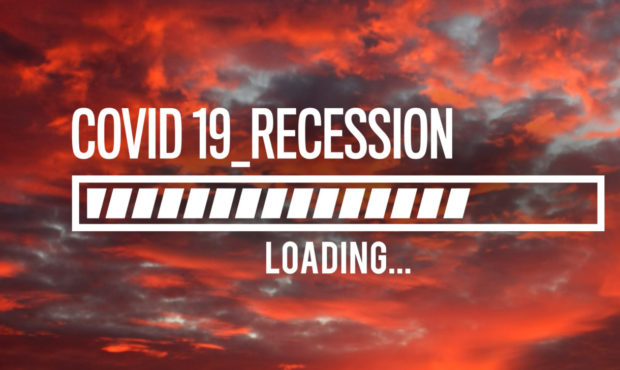
Photo: Adobe Stock
 This article about the last recession in the US is presented by Teton Wealth Group.
This article about the last recession in the US is presented by Teton Wealth Group.
Most economic experts are agreeing that the US entered a recession in late February and early March of 2020. Luckily, it didn’t last long at all. Only officially from February until April. But now a lot of economists are starting to wonder if there will be another recession on the horizon? And it absolutely depends on who you talk to. Either way, it’s worth taking a deeper look at some recession facts that everyone should know.
Why are they called ‘recessions’?
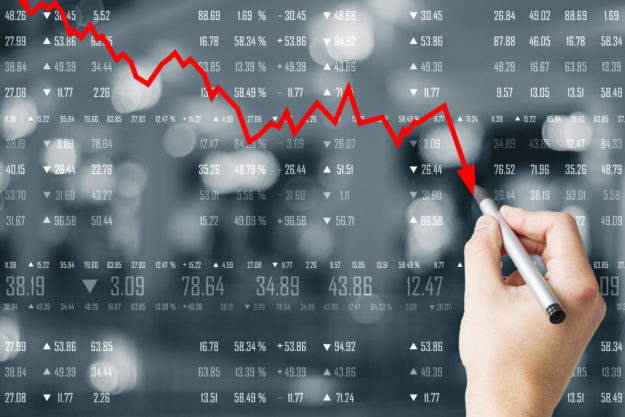
Photo: Adobe Stock
They are called ‘recessions’ because calling them “depressions” is far too scary. After the Great Depression, which is actually a term that was once considered milder than “panic” or “crisis,” the term “depression” for an economic downturn seemed much more terrifying. So because of this, economists began to use the term “recession” instead.
What constitutes an official recession in the US?
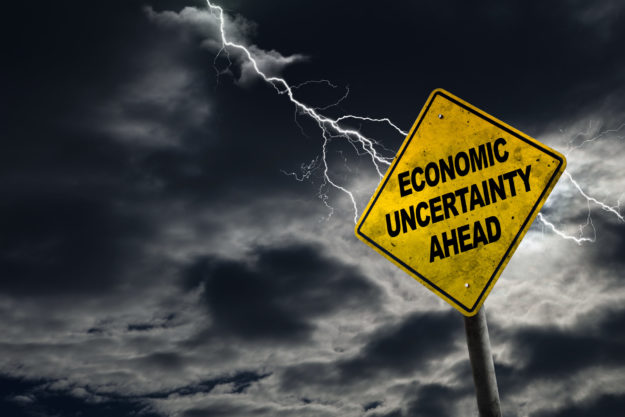
Photo: Adobe Stock
The National Bureau of Economic Research is the arbiter of the definition. They say that it’s defined by two quarters of consecutive poor gross domestic product or GDP. There are other factors considered too including declines in real manufacturing and wholesale-retail trade and industrial production. But essentially it’s about 6 months of the economy losing its traction and falling.
How long do they last?
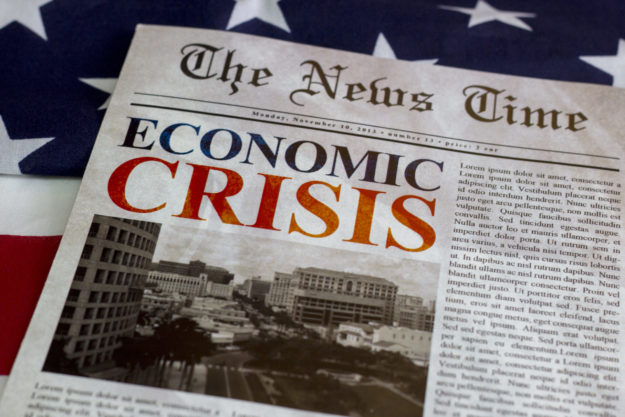
Photo: Adobe Stock
On average most recessions last 17.5 months. And that average goes back to 1875. The longest post-WWII recession began in December of 2007 and ended in June of 2009. It’s unfortunately a recession you might be all too familiar with.
What’s the worst effect of a recession?
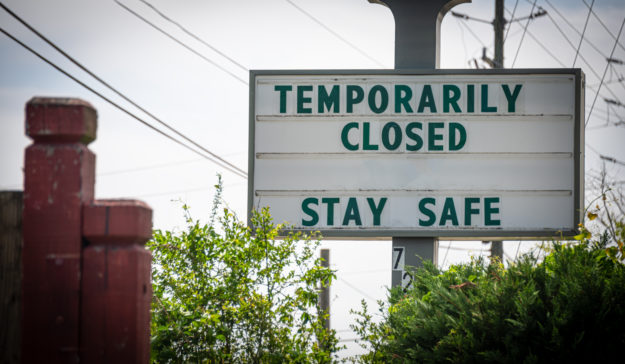
Photo: Adobe Stock
An old economist joke is that a recession is when someone else loses their job, and a depression is when you lose your job. The reality is that job loss is possible. And there could be long term economic scarring for just a few
Can you retire during a recession?

Photo: Adobe Stock
Yes, you can retire during a recession. But it might be good to consider a part-time job rather than stopping work entirely. You won’t have to withdraw as much from your retirement accounts, giving them a chance to recover from any losses.
Working part-time can help you delay claiming Social Security so you can get bigger benefits later.
Consider an annuity. An annuity can help to create a steady stream of income, and some of your IRA funds can be transferred to purchase an annuity.
The bottom line
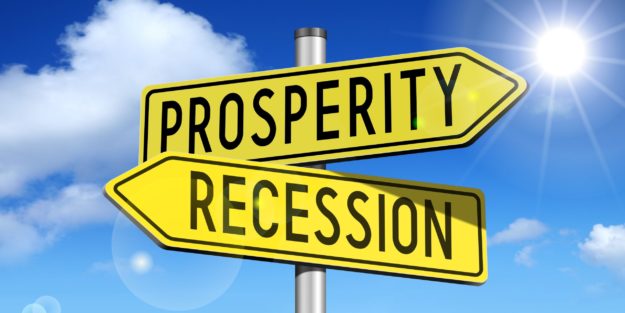
Photo: Adobe Stock
Although retiring during a recession or bear market is never fun, there are several things retirees can do to shield their portfolios from long-term fallout. Realizing capital losses, dollar-cost averaging, and portfolio rebalancing are just some of the strategies you can use to keep yourself afloat in choppy market waters.
Working with qualified advisors like the advisors at Teton Wealth Group can really help you get to where you want to be in your retirement. Even if it’s in a recession.
-
- Income
- Investments
- Taxes
- Health Care
- Legacy
Related articles:







